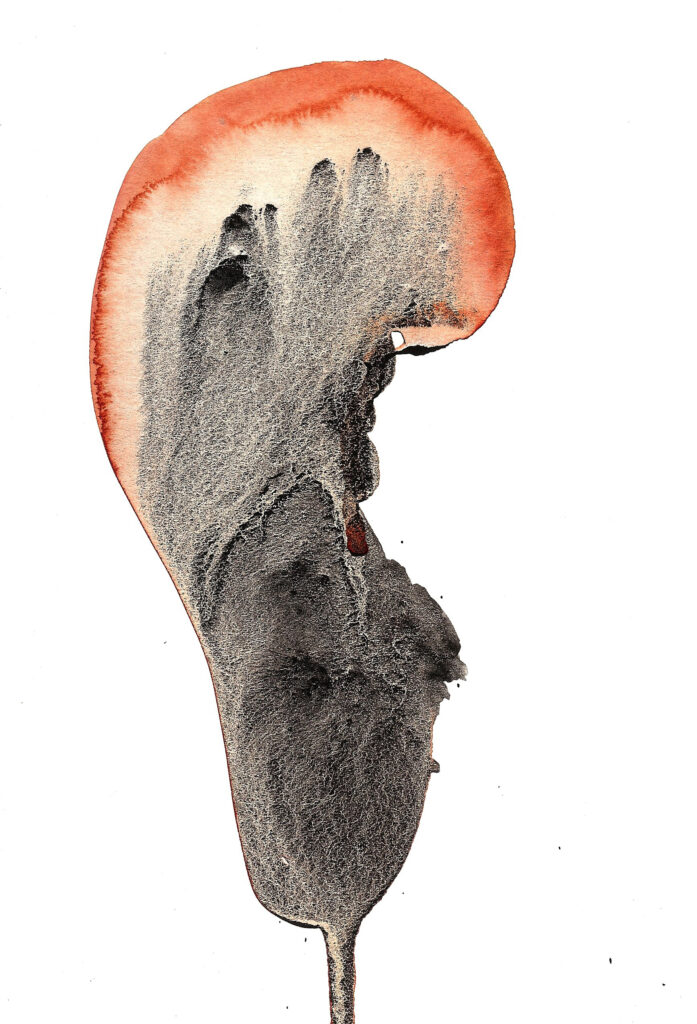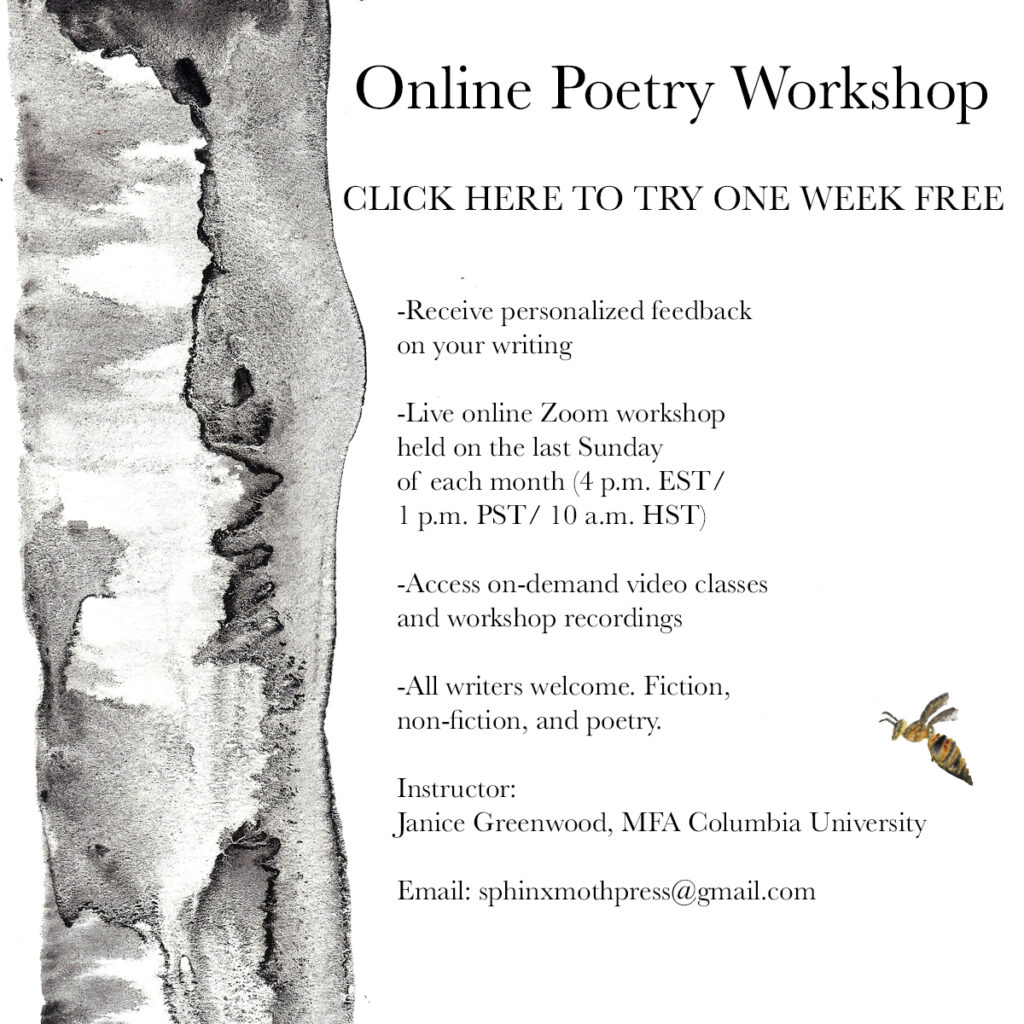Adam Grant is an organizational psychologist at Wharton and his most recent book, Think Again, offers insights not only in how we can rethink our relationship to uncertainty and unknowing, but also how larger organizations like universities, high schools, and even elementary educators can rethink their approach to how students learn. I hold an M.F.A. in creative writing from Columbia University (with an undergraduate degree from the University of Florida), and after reading Adam Grant’s book, I am more convinced than ever that the type of learning employed in creative writing courses at the undergraduate and graduate level is the type of learning model that should be employed in all types of education.
Adam Grant’s newest book Think Again argues that when we humbly admit that there is much we do not know and train ourselves to avoid overconfidence cycles, we become better at whatever we are trying to do, whether our project is to lead an organization or to paint butterflies. He suggests that we could all produce better work if we thought more about our work and ourselves as works in progress. In a particularly fascinating section of the book, Adam Grant writes about teachers who show their students how to question established knowledge. He shows how this learning process makes the students better learners and better critical thinkers, more willing to take risks and make mistakes. I have always suspected that the way the creative writing workshop is taught at the university level produced not only better writers, but students who were more willing to question themselves and their abilities. Adam Grant’s book explains why this is so.
For those who do not know, the creative writing workshop is typically taught like this: every week students bring a draft of a story or poem they are working on, and every week, the poem or story is read, and then critiqued by both the teacher and the students. The teacher leads the critique, thus modeling constructive criticism to the students. As the process unfolds, the students learn to see areas in their writing where they could improve, and the students also learn how to become better critics, not only of their own work, but of the work of others.
After all every one of us has written something we once thought was a perfect masterpiece. The creative writing workshop gives writers a safe space to question that assumption.
I was a creative writing student both in undergraduate and graduate school and it is undeniable that the process made me a better writer. I learned grammar. I learned about gaps in my reading and knowledge. Having been subjected to the “surgery,” the sometimes painful, but always enlightening process of having not only an esteemed poet, but also 12 of my peers critique and question my work, I found myself asking similar critical questions as I wrote and as I learned to edit my own work. As I wrote, I had a chorus of perspectives to consider, which helped me expand as a writer, and understand my own limitations. I also learned when it was important to stick to my impulse and ignore my teacher or peers, and I learned when to listen to my peers, which often involved a complete or partial re-write of my work.
Sitting through a creative writing workshop always involved more mental effort than sitting through my other English lectures. In my creative writing workshops, I had to be prepared, because I would be expected to participate. I also had to be ready to defend my critique and position. It made me an active learner of writing rather than a passive learner. So many students have to wait to get feedback on their papers at the end of the semester. I got feedback on my writing, week after week.
In my English classes, I earned straight As, and praise. In my creative writing workshops, I was reminded that I needed to work on my under-use of commas (now I overuse them, dammit), and was reminded that I could write some convoluted and confusing sentences. I learned that you want more dessert, not deserts on your plate, and was taught that the Pantheon is in Rome, not Greece. In a creative writing workshop, the final result matters, but the process of writing matters more.

Adam Grant writes: “Exclusively praising and rewarding results is dangerous because it breeds overconfidence in poor strategies, incentivizing people to keep doing things the way they’ve always done them.” In my English classes I just kept writing papers the way I’d always written them, while in my creative writing workshops, I evolved as a writer because I could experiment and fail. In my creative writing workshops I could take risks because the poems I submitted never contributed to the final grade (only the final version of the poems contributed to the final grade). In my English classes, I kept doing what worked because I only had one shot to get it right.
I have always wondered whether such a model could work beyond the creative writing workshop; whether it could work in the English department, where students’ critical papers would be subjected to a similar process, or in the philosophy department, where a student’s argument would be subject not only to the scrutiny of the teacher, but to a group of one’s peers. It could work in science, when students were designing experiments, thus helping young scientists catch key errors or bias in their experimental designs early.
I imagine this model would provide students with a better education overall, but it is unlikely to be adopted any time soon. It requires a smaller class size, for one. And it requires a teacher able and willing to model constructive criticism. By the time a creative writing professor becomes a professor, they have often sat through hundreds of workshops where they have been exposed to constructive criticism from several professors and often hundreds of peers. Were the education system to adopt a similar model today, teachers would need training. I fear that the education system will be slow to change.
Adam Grant writes: “With so much emphasis placed on imparting knowledge and building confidence, many teachers don’t do enough to encourage students to question themselves and one another.” Our current education system often produces people overconfident in their abilities, blind to their blind spots, or it produces students who have memorized facts that will often be lost with time and without practice.
The creative writing workshop manages to do just what Adam Grant thinks education should accomplish. It instills students with “intellectual humility,” a healthy sense of “doubt,” and helps students cultivate “curiosity.” The creative writing workshop interrupts overconfidence cycles in their tracks.
Grant writes about the remarkable Erin McCarthy, a teacher who gives her eighth graders history texts from the 1940s to show her students that history is a constantly-evolving narrative and also to give her students an opportunity to question sources and authority. Many students are not taught to critically question sources or even to question those in authority. How many of us were taught to question our teachers growing up? And yet, this may be one of the more fundamental lessons our teachers can teach us.
Grant writes about a six-year-old who took feedback from his peers on a butterfly he was trying to draw. I’d recommend reading Adam Grant’s book just to be able to see the kid’s improvement for yourself. The butterfly, after five drafts, is truly breathtaking.

About the Writer
Janice Greenwood is a writer, surfer, and poet. She holds an M.F.A. in poetry and creative writing from Columbia University.
